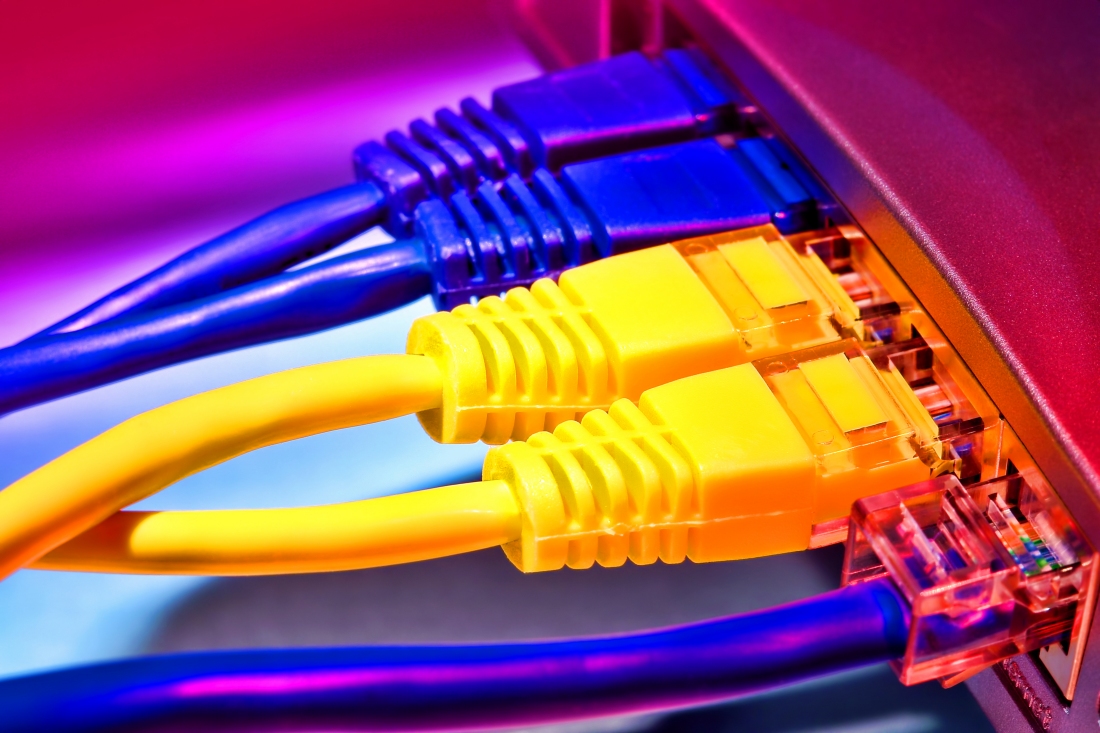In a nutshell: Do you think the price of broadband is too high in the US? Compared to most other countries, it is. In this year’s worldwide pricing table, the United States was found to be more expensive than 118 other nations. The cheapest country, meanwhile, is Syria, though there are good reasons for that.

The information comes from UK comparison website Cable.co.uk, which collated the data into the 2020 Global Broadband Pricing League Table. It wasn’t a great showing for the US, which was ranked 119th thanks to its average fixed-line broadband price of $50 per month. The cheapest US package out of the 27 measured was $18, while the most expensive reached $299, and despite the year-on-year cost falling $17.69, the US has dropped 14 places since 2019.
“While broadband in the United States is widely available and uptake is high, lack of competition in the marketplace means Americans pay far more than they should compared to much of the rest of the world,” writes the site.
Canada, on the other hand, has more reasonable broadband prices. Its average cost is $34.86 per month, marking a $22.8 YoY decrease as the country moves from 86th position to 69.

If you want the cheapest broadband in the world, look to Syria, where the average price is $6.60 per month and the lowest coming in at $2.52. It’s noted that this is largely due to the ongoing collapse of the Syrian pound and the war. Plus, the average speeds are just 0.9Mbps.
The rest of the cheapest countries are made up of Ukraine ($6.64), Russia ($7.35), Romania ($8.15), and Belarus ($9.87). The most costly area is the African nation of Eritrea, where the average price is $2,666 per month, and the most expensive package reaches $15,051.
The other most expensive consumer broadband packages on the planet are found in Mauritania ($1333.78), Turks and Caicos Islands ($1488.11), Lao People's Democratic Republic ($4386.95), and Yemen ($8333.33).
“The expense comes from a combination political climate, warfare, of extremely low take-up (no economy of scale) and the fact that in most cases the price you pay will go in large part to actually building a physical line to your property since few already exist. These 'works costs' rise exponentially the further your abode sits from each country's main urban centers.”
https://www.techspot.com/news/83635-us-falls-further-down-average-broadband-price-table.html

